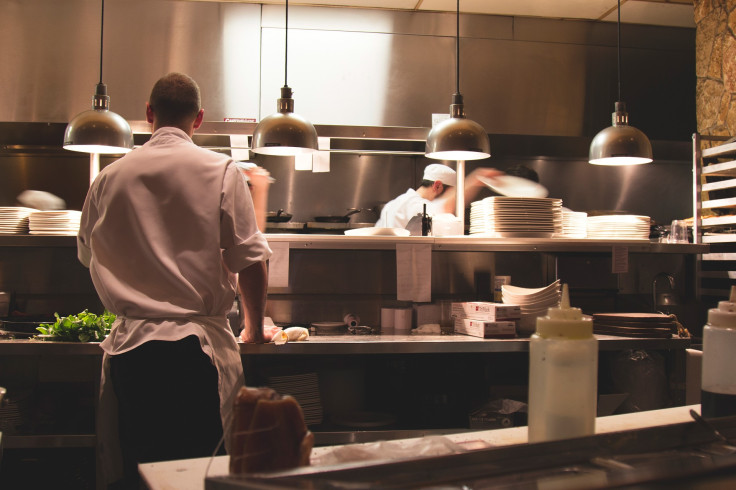New Startup Helps Ghost Kitchens Minimize Delivery Costs, Improve Brand Awareness And Escape The "Tablet Hell"
There are multiple considerations when running a kitchen, and even more so when it's a ghost kitchen because it is a modern concept and there isn't a properly streamlined process.
The pain of a ghost kitchen
One of the biggest problems is that ghost kitchens rely heavily on third party platforms to market their wares. Common issues that ghost kitchen owners have is the dreaded tablet hell - where they have multiple devices for each delivery platform that they are using. When things get busy, it can be hard to figure out which order to do first or even which platform received the order because tablets will be going off with alerts, creating a high margin for error.

Delivery platforms often charge a 25-35% fee on each order which really eats into the profits of the ghost kitchen. Marketing to grow the business is a priority, because ghost kitchens very rarely can rely on word of mouth. It is easy to fall into the trap of thinking that ghost kitchens maximize profits because they don't need wait staff and can occupy a smaller lot, but there are certain expenses that are heavily associated with the success of running a ghost kitchen.
Becoming dependent on a third party platform rather than connecting directly with their customers can pose a problem for ghost kitchens because they will not be able to escape those fees that they impose. On top of that, ghost kitchens often have to pay for mistakes made by delivery platform drivers such as incorrect orders, late deliveries, or damaged food. This reliance can damage the reputation of the ghost kitchen through negative reviews.
Delivety as the cure-all solution
One potential solution for ghost kitchens looking to reduce their dependence on delivery platforms and improve their bottom line is to start delivering food themselves. By hiring their own drivers and delivering food directly to customers, ghost kitchens can bypass the commissions and fees charged by delivery platforms and keep more of the revenue for themselves.
The reason why not more ghost kitchens employ this solution is due to the expenses associated with it and the fact that they will have to invest in building their own app or website so that their customers can even place an order. It isn't a very sustainable or cost effective solution, but Delivety is disrupting the market with their all-inclusive services. They offer operation, order management, and more. Users can analyze the data that they've collected from past orders from how much time went into preparing the food and delivering the food to how many mistakes were made, where they were made, and from there, users will be able to see at a glance what needs to be improved. Delivety even aids kitchens with their Ghost Kitchen order management system which has an order assembly dashboard - one tap and you can reveal what ingredients you need and what steps to follow depending on the order. It is also smart enough to combine similar orders so that food that can be cooked in a batch will automatically be clumped together in a bid to save time.
Delivety is an absolute game changer, cutting out the third party platforms out and streamlining any ghost kitchen's process with one unified Kitchen display system, a web-based cloud solution which allows access through whichever gadget with no installation needed. With Delivety, ghost kitchens can focus on cooking and leave the operational and technical aspects of running a business to an order management system that was designed to maximize profit and growth at a minimal fee.
© Copyright IBTimes 2024. All rights reserved.





















